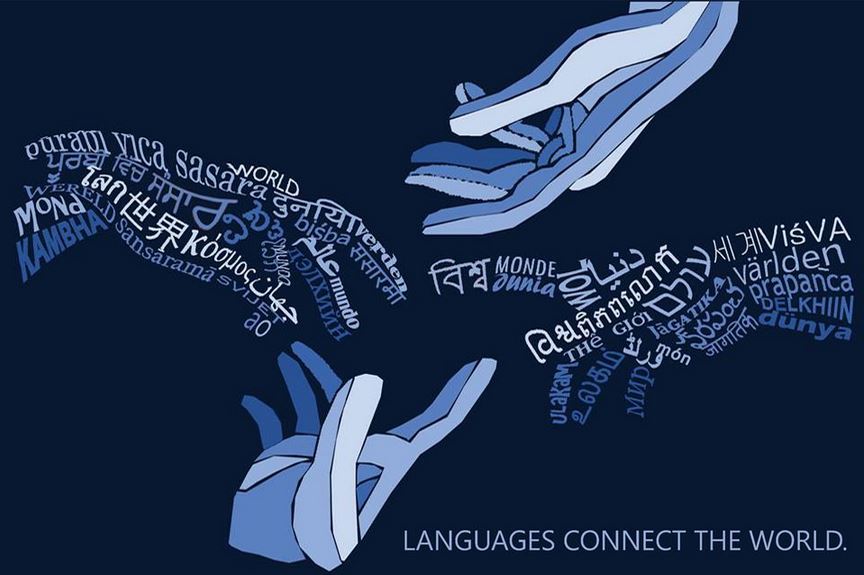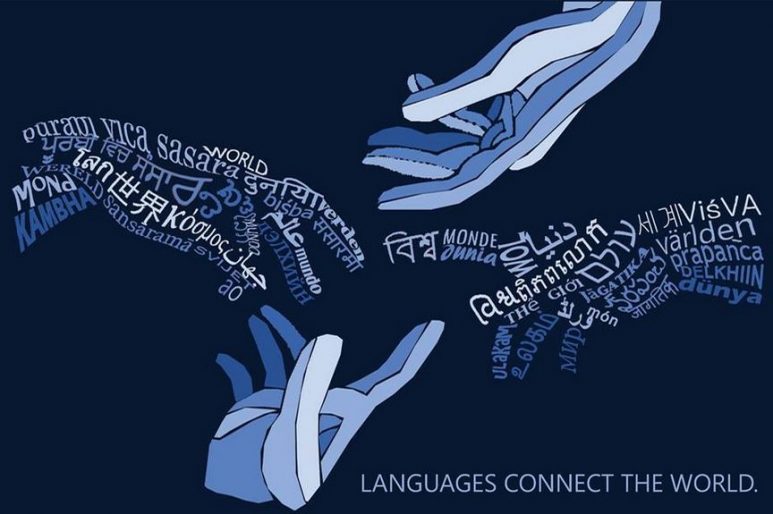Published: 25 February 2014
Region: Worldwide
 In honour of UNESCO International Mother Language Day (21 February), people from all over the world celebrated the linguistic richness and diversity by tweeting in their mother languages.
In honour of UNESCO International Mother Language Day (21 February), people from all over the world celebrated the linguistic richness and diversity by tweeting in their mother languages.

Strange characters and letters appeared in Twitter timeline, corresponding to languages like Creole, Punjabi, Okuhanuura and Rukiga. According to United Nations, 576 languages are in the state of critical danger while Living Tongues, Institute for Endangered Languages reported “that language loss is happening in nearly every country in the world”.“Let us all join forces to promote linguistic diversity and multilingualism as a key element in our efforts to build a better world and a life of dignity for all,” Secretary-General Ban Ki-Moon said, adding that language diversity can encourage dialogue, mutual understanding, innovation and creativity (UN News Center).
Despite the worrying data, there is a growing movement that uses citizen media and web tools in order to revitalise forgotten or endangered languages. For instance the project Indigenous Tweets has listed all the indigenous languages which are used on Twitter while it allows you to see how many users tweet on a specific language. The Talking Dictionaries project, funded by the National Geographic Society and Living Tongues Institute, allows visitors to translate English words to 20 of the rarest indigenous languages and listen to how they are pronounced.
Rising Voices, initiative that has been part of this movement, reports that with the help of technology “individuals are building communities around the common use of these under-represented languages and helping to encourage the next generation of speakers”.
The languages and oral traditional stories of thousands of tribal communities, from East Africa to the outback of Australia to the forests of the Northwest Pacific Coast, have been recorded and filmed the last years. However, technical limitations such as the unavailability of keyboards in minority language fonts or cultural barriers make the lives of language activists more difficult.
In the UK a language, critically endangered is Gaelg and it is spoken in the Isle of Man. The last speaker of Gaelg, Ned Maddrell, died in 1974, as UN Atlas informs us. Since then, however, the language has been undergoing active revitalization in family, school and institutional contexts.

